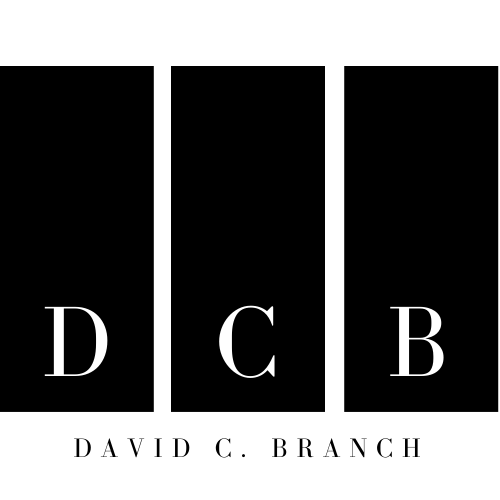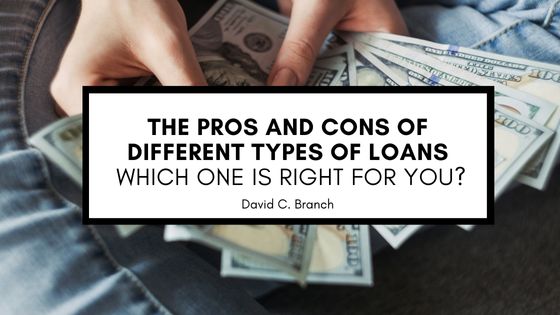Loans are a common financial tool used by individuals and businesses to meet various financial needs, from purchasing a home to funding a business venture. However, not all loans are created equal, and it’s essential to understand the pros and cons of different types of loans before committing to one. In this blog post, we’ll explore the various types of loans available, their advantages and disadvantages, and how to choose the right loan for your specific financial situation.
- Personal Loans: Personal loans are unsecured loans that can be used for a variety of purposes, such as debt consolidation, home improvements, or unexpected expenses. The main advantage of personal loans is their flexibility, as borrowers can use the funds for almost any purpose without needing collateral. Additionally, personal loans typically have fixed interest rates and predictable monthly payments, making budgeting easier.
However, personal loans often come with higher interest rates compared to secured loans, and borrowers with less-than-perfect credit may face even higher rates. Additionally, without collateral, lenders may have stricter eligibility criteria, making it harder for some borrowers to qualify for a personal loan.
- Mortgage Loans: Mortgage loans are secured loans used to finance the purchase of a home or property. One of the biggest advantages of mortgage loans is the ability to borrow large sums of money at relatively low interest rates, spread out over a long repayment term. Additionally, mortgage interest payments may be tax-deductible, providing potential tax benefits for homeowners.
On the downside, mortgage loans require a significant down payment and collateral in the form of the property being purchased. Additionally, if borrowers fail to keep up with mortgage payments, they risk foreclosure, which can result in the loss of their home.
- Auto Loans: Auto loans are secured loans used to finance the purchase of a vehicle. Similar to mortgage loans, auto loans offer relatively low interest rates and fixed monthly payments, making them easier to budget for. Additionally, auto loans often have shorter repayment terms compared to mortgage loans, allowing borrowers to pay off their debt faster.
However, auto loans come with the risk of depreciation, meaning that the value of the vehicle may decrease over time, potentially leaving borrowers “underwater” on their loan if they owe more than the vehicle is worth. Additionally, borrowers with poor credit may face higher interest rates or difficulty qualifying for an auto loan.
- Student Loans: Student loans are loans used to finance higher education expenses, such as tuition, books, and living expenses. One of the main advantages of student loans is that they provide access to education for individuals who may not otherwise be able to afford it. Additionally, federal student loans offer flexible repayment options and may be eligible for forgiveness or discharge under certain circumstances.
However, student loans can accumulate interest over time, leading to higher total repayment costs. Additionally, borrowers with significant student loan debt may face challenges in achieving other financial goals, such as buying a home or saving for retirement.
Choosing the right type of loan for your financial needs requires careful consideration of the advantages and disadvantages of each option. Whether you’re looking to consolidate debt, purchase a home, buy a car, or finance your education, there are loans available to meet your needs. By understanding the pros and cons of different types of loans and evaluating your financial situation and goals, you can make an informed decision and select the loan that’s right for you. Remember to compare interest rates, repayment terms, and eligibility criteria from multiple lenders to ensure you’re getting the best possible deal.

